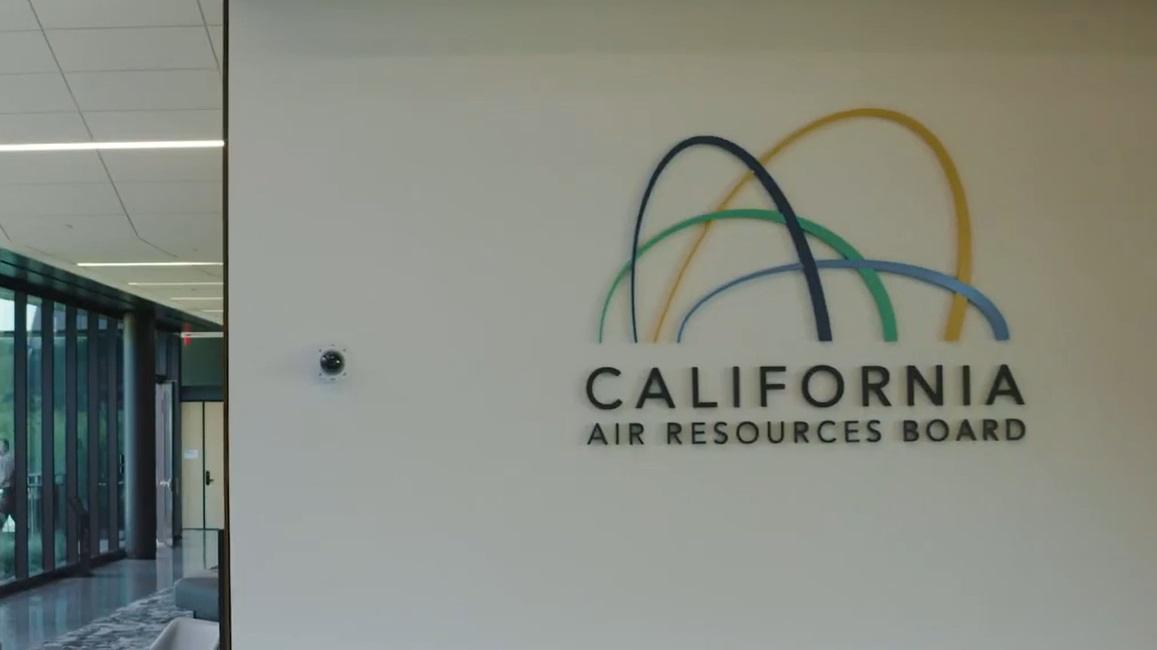California to Give Companies an Extra Year Before Fully Enforcing New Climate Reporting Rules

The California Air Resources Board (CARB), the regulator charged with developing and enforcing new regulations requiring large companies to disclose their value chain emissions and report on climate-related financial risks, announced that it will ease emissions reporting requirements and not pursue enforcement action in the first year of reporting, in order to give companies more time to prepare to comply with the new rules.
Applying to companies that do business in California, SB 253, the “Climate Corporate Data Accountability Act,” effectively introduces climate reporting obligations for most large businesses in the U.S. The new law requires companies with revenues greater than $1 billion that do business in California to report annually on their emissions from all scopes, including direct emissions (Scope 1), emissions from purchase and use of electricity (Scope 2), and indirect emissions, including those associated with supply chains, business travel, employee commuting, procurement, waste, and water usage (Scope 3).
Under the new law, companies will be required to begin reporting on Scope 1 and 2 emissions in 2026, covering the prior fiscal year, and on broader value chain Scope 3 emissions in 2027. Prior to signing the bill into law, California Governor Gavin Newsom expressed concerns on the timeline, warning that the implementation deadlines “are likely infeasible.” Newsom subsequently proposed pushing back the disclosure deadlines, with reporting to begin in 2028, although the change was ultimately not included in the final bill.
In it’s new enforcement notice, however, CARB said that it “recognizes that companies may need some lead time to implement new data collection processes” in order to fully report on their Scope 1 and 2 emissions.
In order to give companies more breathing space, the notice said that “CARB will exercise its enforcement discretion,” including allowing companies to report Scope 1 and 2 emissions in the first year based on data “that can be determined from information the reporting entity already possesses or is already collecting,” as long as the companies are demonstrating good faith efforts to comply with the new law.
Additionally, CARB added that it won’t take enforcement action for incomplete reporting in the first year, “, as long as the companies make a good faith effort to retain all data relevant to emissions reporting for the entity’s prior fiscal year.”
While providing the extra year, the regulator added that it “encourages regulated entities to use this period to move toward full compliance as quickly as possible.”